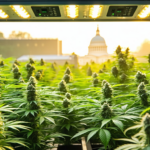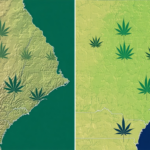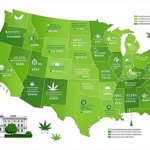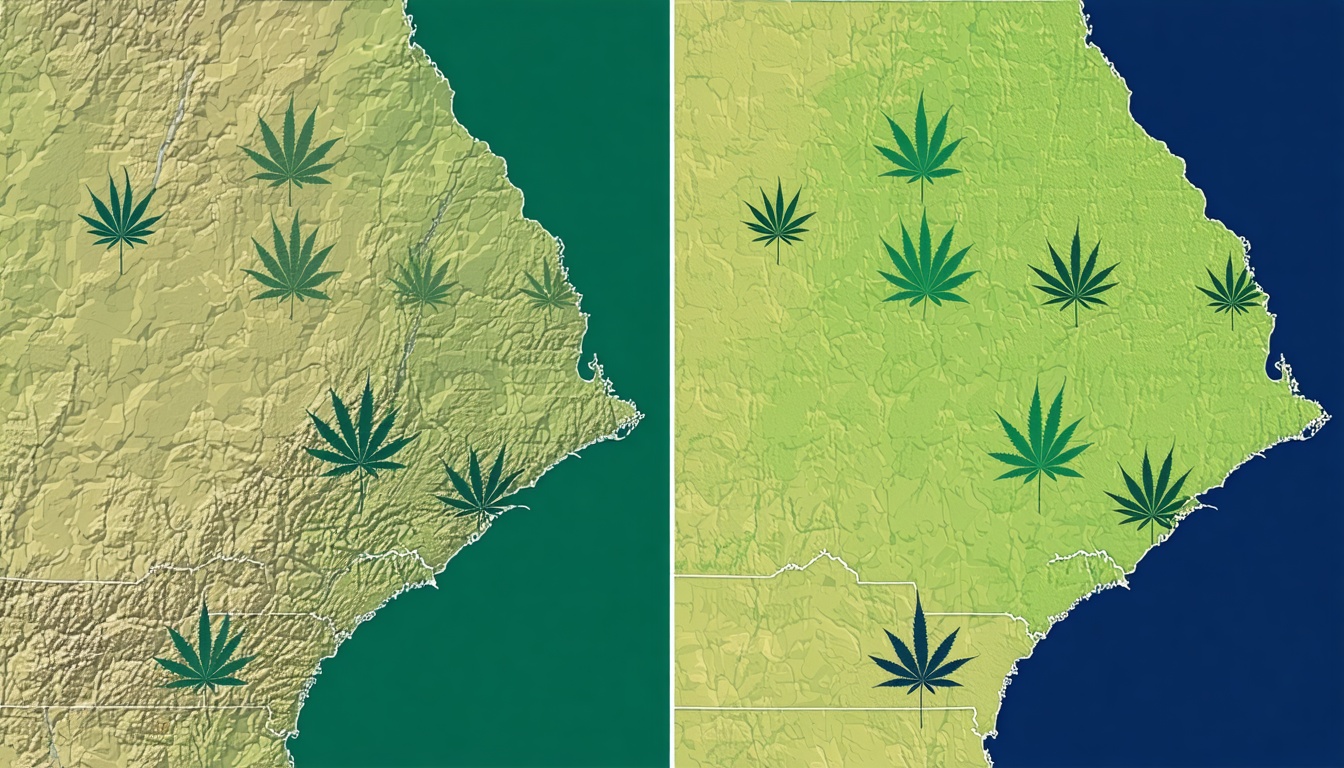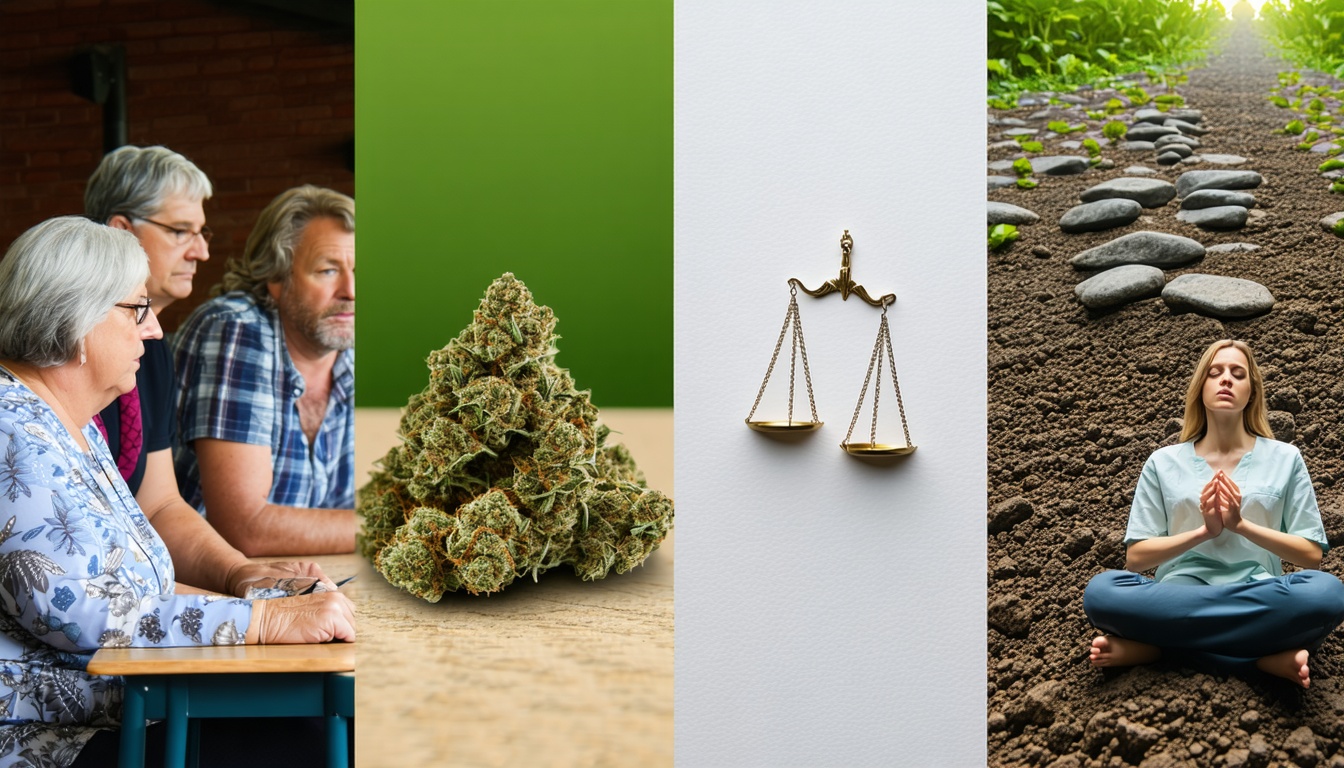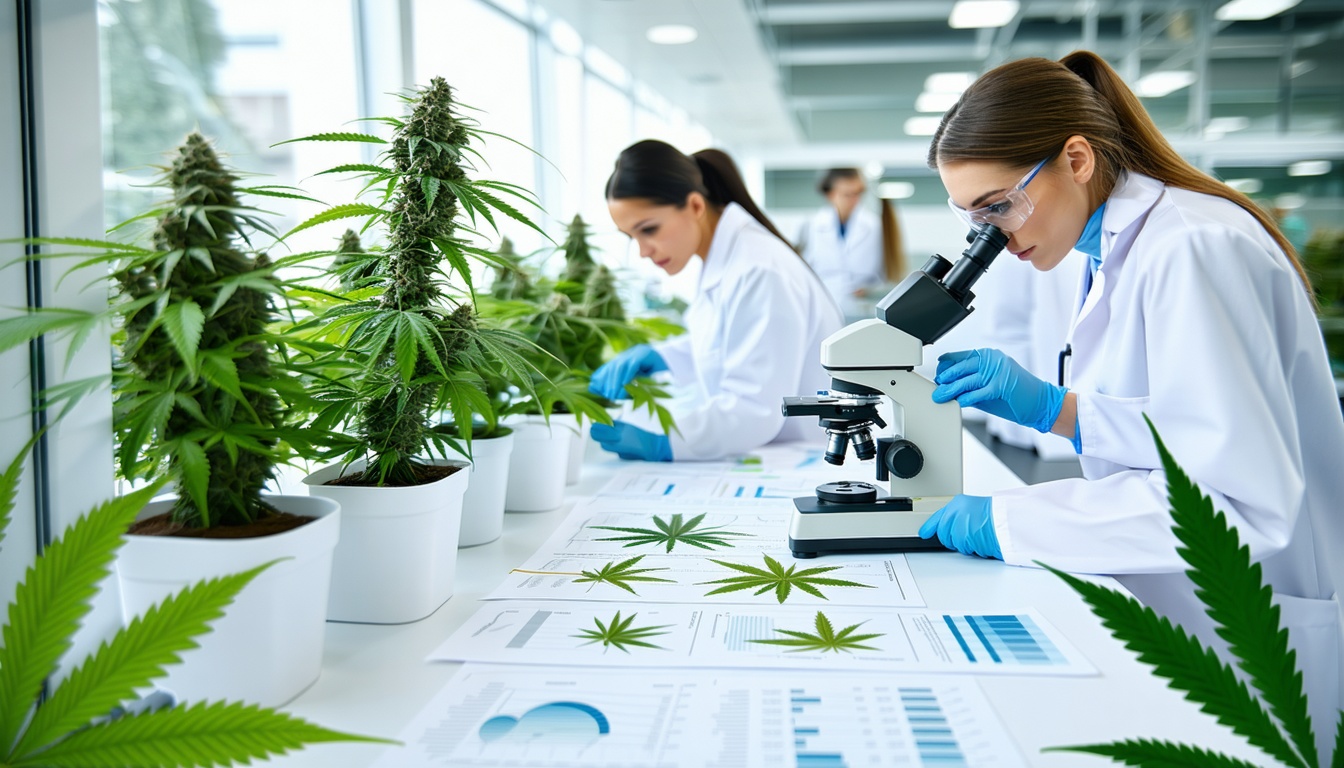As the 4/20 holiday approaches, many people are wondering about the legality of marijuana in Florida. While it’s not legal for recreational use, medical marijuana is permitted for residents with specific qualifying conditions. To obtain a Medical Marijuana ID Card, patients must be diagnosed with one of the following conditions: cancer, epilepsy, glaucoma, HIV/AIDS, PTSD, ALS, Crohn’s disease, Parkinson’s disease, multiple sclerosis, or a terminal condition.
Palm Beach County is home to over 30 licensed medical marijuana dispensaries, offering a range of products to qualified patients. However, it’s important to note that Florida does not offer reciprocity, meaning patients with a medical marijuana card from another state cannot bring their medication into the state.
For those without a medical marijuana card, possessing marijuana in Florida can result in serious penalties. Without a card, possessing 20 grams or less of marijuana is considered a first-degree misdemeanor, punishable by up to one year in jail and a maximum $1,000 fine. Possessing larger quantities can lead to felony charges, with penalties ranging from three to 30 years in prison and fines up to $200,000.
Some communities in Florida have decriminalized possession of up to 20 grams of marijuana, meaning individuals caught with small amounts may receive a fine rather than facing criminal charges. However, it’s still important to note that marijuana is illegal for recreational use in the state.
Only licensed medical marijuana dispensaries are permitted to sell marijuana in Florida. Even if a recreational marijuana amendment passes in the future, patients will still need to purchase their medication from a licensed dispensary.
Low-THC products like delta-8, delta-9, delta-10, and THC-O are legal in Florida, but only if they are derived from hemp and contain low levels of THC. However, the Florida Legislature has banned delta-8 and delta-10 products, and the products remain federally illegal.
It’s important for individuals to understand the laws surrounding marijuana in Florida to avoid legal consequences. If you have any questions or concerns, it’s best to consult with a medical professional or a licensed attorney.


